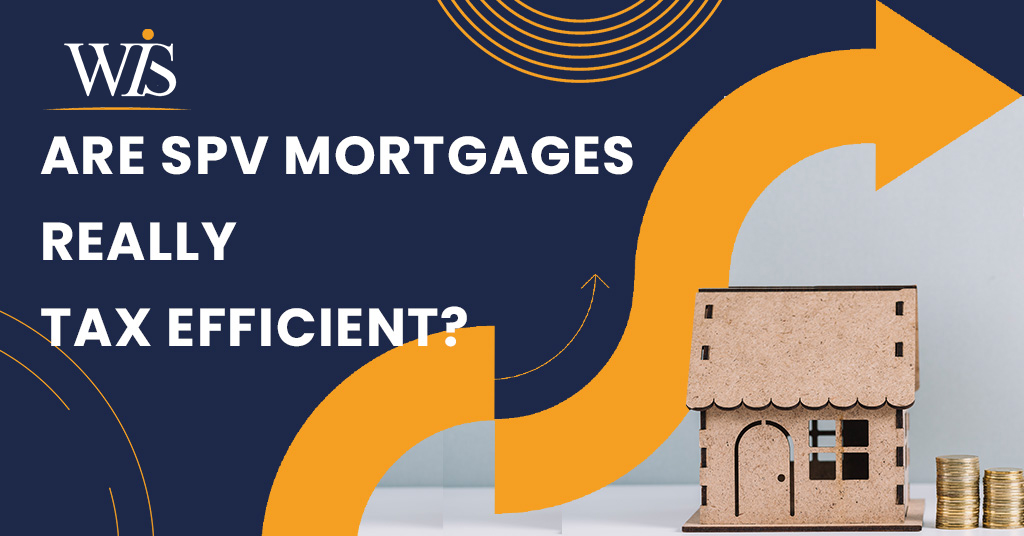


The initialism “SPV” stands for “special purpose vehicle”, a legal entity used to shield a parent company from financial risk. In the mortgage industry an SPV is often used to define a limited company specifically set up to buy and sell rental properties. The company is set up to hold property and cannot carry out any other activity.
As specialists in this industry, we have frequently been asked how to set up an SPV. Your accountant can assist you in setting up a company, or else you can set up the company yourself by logging into the Companies House website. If a person already has a limited company and is wondering whether it meets the criteria to be classed as an SPV, the lender would prefer:
The cost of items and activities necessary for work – such as office equipment and travel – are classed as tax deductible. That means they will be deducted from a company’s declared income before tax due is calculated.
As of the start of April 2020, tax rules for BTL (buy-to-let) properties have changed for individual investors. Tax relief on financing costs is now given as a basic rate tax reduction. Therefore, BTL via a limited liability company (SPV mortgage) is becoming a popular option among landlords. This has helped some higher-rate tax bracket contractors with spare cash to utilize their company funds more tax-efficiently and avoid paying high tax bills.
Finance costs include mortgage interest payments, any fees incurred when getting the mortgage, and interest on loans taken out to buy, for example, furnishings. Up to the 2016/2017 tax year, higher-rate taxpayers were able to claim full relief on finance costs. In the 2018/2019 tax year, the relief offered was 50%, falling to 25% in the 2019/2020 tax period.
Investing in a BTL property through a limited company is more tax-efficient than borrowing as an individual. However, it is always best to seek advice from a professional tax advisor as the benefit will differ from person to person.
As an example, if a person is a higher-level (40%) taxpayer with a property worth £200,000, a mortgage of £150,000, and a rental income of £850 per month:
| BTL in personal name (before 2016/2017); | BTL in personal name (from 2020/2021) |
| Rental income: £10,200 pa |
Rental income: £10,200 pa |
| Assuming an average mortgage interest rate of 2%: £3,000 pa |
Assuming an average mortgage interest rate of 2%: £3,000 pa |
| Taxable profit calculation: £10,200 – £3,000 = £7,200 |
Taxable profit calculation: £10,200 x 40% = £4,080 |
| Mortgage interest relief at basic tax rate: 20% x £3,000 = £600 |
|
| Tax due (at the landlord’s highest margin rate as a higher-rate taxpayer): £7200 x 40% = £2,880 |
Tax due: £4,080 – £600 = £3,480 |
| Net profit calculation: £7,200 – £2,880 = £5,320 |
Net profit calculation: £10,200 – £3,000 – £3,480 = £3,720 |
This example shows that there is a massive reduction in profit if a landlord proceeds with a BTL mortgage in his personal name.
SPV BTL is the best method to mitigate this disadvantage. The limited company pays corporation tax instead of income tax.
The example below shows how the same client used in the above example would benefit if he were to proceed with an SPV BTL:
| SPV BTL | BTBTL in personal name (after 2016/2017) |
| Rental income: £10,200 pa |
Rental income: £10,200 pa |
| Assuming an average mortgage interest rate of 2%: £3,000 pa |
Assuming an average mortgage interest rate of 2%: £3,000 pa |
| Taxable profit calculation: £10,200 – £3,000 = £7,200 |
Taxable profit calculation: £10,200 x 40% = £4,080 |
| Mortgage interest relief at basic tax rate: 20% x £3,000 = £600 |
|
| Corporation tax due (19%): £7,200 x 19% = £1,368 |
Tax due: £4,080 – £600 = £3,480 |
| Net profit calculation: £7,200 – £1,368 = £5,832 |
Net profit calculation: £10,200 – £3,000 – £3,480 = £3,720 |
After April 2020, if a landlord were to proceed with an SPV BTL instead of a personal BTL, he would benefit by £2,096.
Check AffordabilityIt all depends on the lender. However, not all lenders provide mortgages applied through a limited company. Check the rates on…..
At WIS, we consider your priorities and circumstances and discuss the complications with the business development managers of the lenders when and where it is required. As we are operating throughout the whole of the market, WIS is always capable of providing you the most suitable deal.
So, why not contact us to take you to the right option?
Most buy-to-let properties are not regulated by the Financial Conduct Authority (FCA).
Your home may be repossessed if you do not keep up repayments on your mortgage.